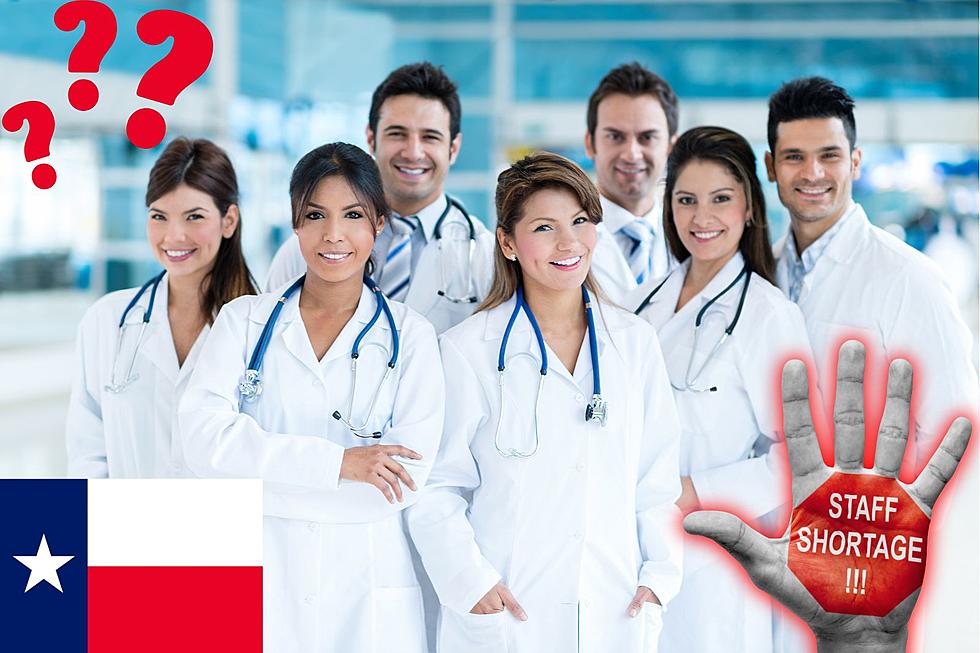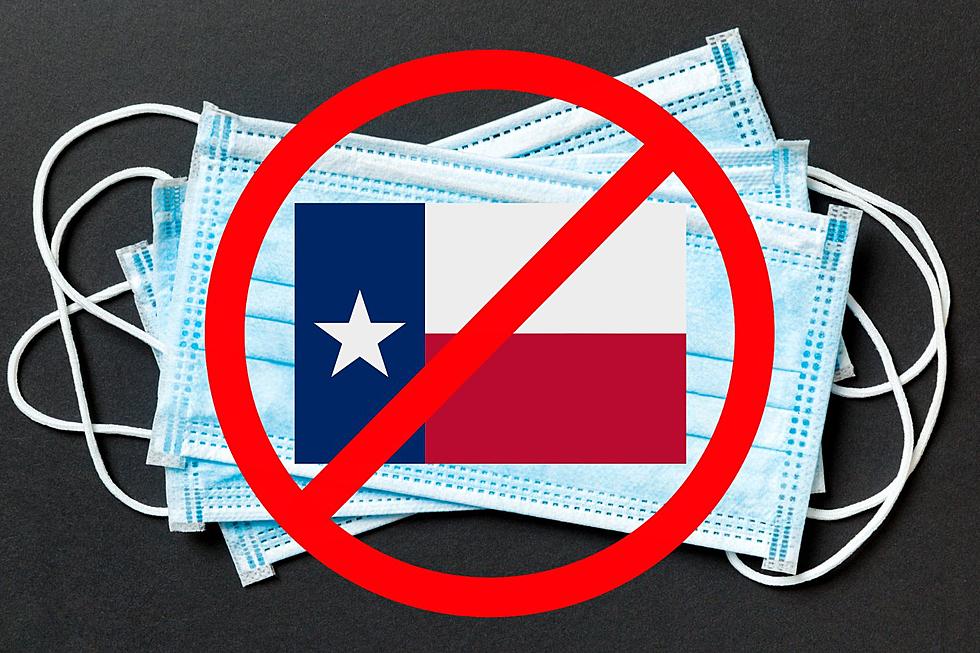
Texans In These Groups Shouldn’t Get The COVID-19 Vaccine
The first COVID-19 vaccines are arriving in Texas this week, but they're not for everybody, according to top doctors. There are several groups that shouldn't get them.
Nine months is pretty quick for a vaccine when you think about all the work that must have gone into developing the formula, testing it through trials, laying out a plan for distribution, and getting an emergency approval from the Food and Drug Administration. But all of that has happened, and top doctors are saying if 75 to 80 percent of the population can now be vaccinated against COVID-19, it will help calm this pandemic down. It could be the miracle we've been waiting for.
But there are some groups of people that either won't be able to get the vaccine because it hasn't been approved for them, or they should not get it because of the risks involved.
-- The FDA authorized Pfizer's coronavirus vaccine for emergency use in people ages 16 and older, so kids and teens won't be eligible for it.
-- For pregnant women, the FDA said it's up to pregnant women and their doctors to decide whether to get vaccinated.
-- Anyone with severe allergies to the vaccine's ingredients should not be immunized.
-- Those who have recovered from COVID-19 should talk to their doctors about it, especially if they have lingering symptoms.
-- The vaccine wasn't tested on people who are immunocompromised, so it's not clear how they'll react. Again, talk to your doctor.
In the trials, less than one percent of patients who got the vaccine experienced serious side effects. Others involved in the trial said they experienced fatigue, headaches, and pain at the injection site. The FDA ultimately approved the vaccine because the benefits outweighed the potential risks.
Texas will get around 220,000 doses this week, and those will go to frontline medical workers and nursing home residents. Thousands of additional doses will come before the end of the month, and then every week until the pandemic is over. Those who aren't in high-risk groups may not get the vaccine until March or April, but at least it's on the way -- to special freezers that also have to be shipped in because the vaccine has to be kept at temperatures near 80 degrees below zero.
Vaccinating most of America is a huge undertaking, and it's unlikely that every person will end up with the shot. But if most people get it, that will help protect everyone, and in the end, that's what we all want, right?
Here are some tips for self-care during the pandemic:
More From KKTX FM









